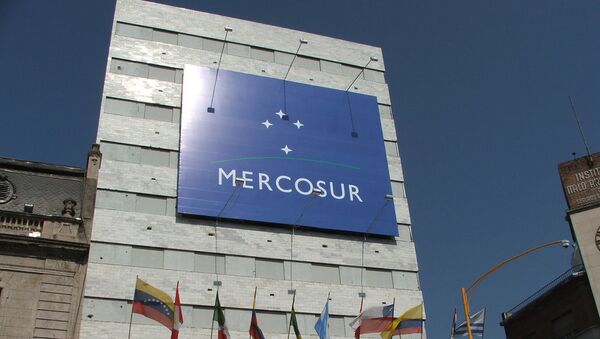The agreement on a free trade zone between the EU and Mercosur was signed at the Osaka G20 Summit this summer after more than 20 years of discussion.
For Carlo Barbieri, a political analyst and president of the Oxford Group advisory firm, the Austrian decision is unexpected.
“In terms of international importance, this veto is relevant because it comes from a country which is neither an interested [in the agreement] party (like Germany), nor it is in the group of not at all interested states (like France),” Barbieri told Sputnik.
According to the analyst, the countries with subsidised agriculture, such as France and Spain, are expected opponents of the project because “they wouldn’t be able to compete with the Mercosur countries, and Brazil in particular” in agricultural production if the agreement is signed.
At the same time, Germany, which is an exporter of manufactured goods, is in favour of ratifying the agreement.
“It took 20 years to reach an agreement, and maybe it will take another 20 years to reach a consensus on whether or not the agreement will be signed,” Barbieri said.
Moreover, according to the expert, the freeze and the possible loss of the EU-Mercosur agreement may result in rapprochement between Latin American countries, Brazil in particular, with the United States.

